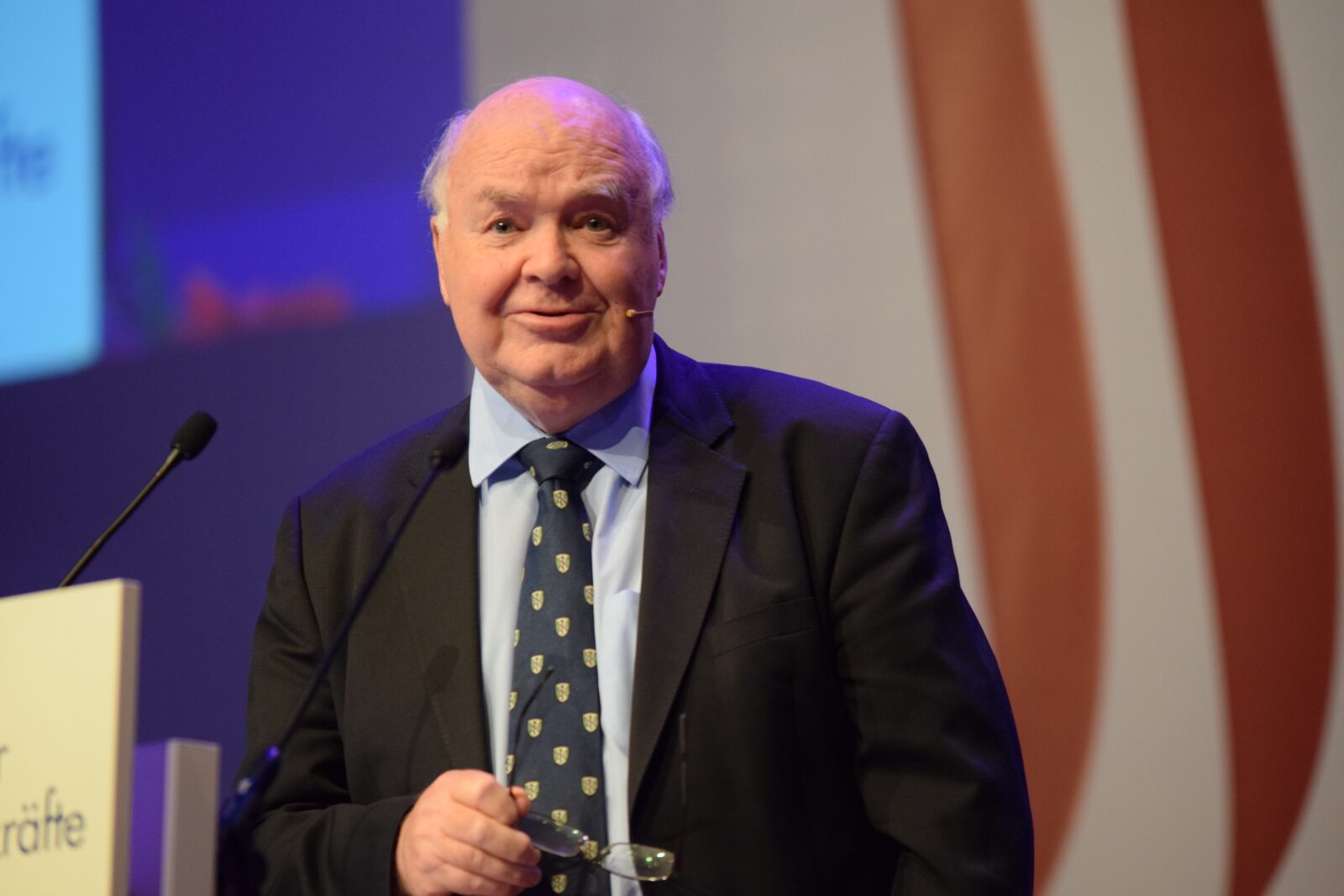

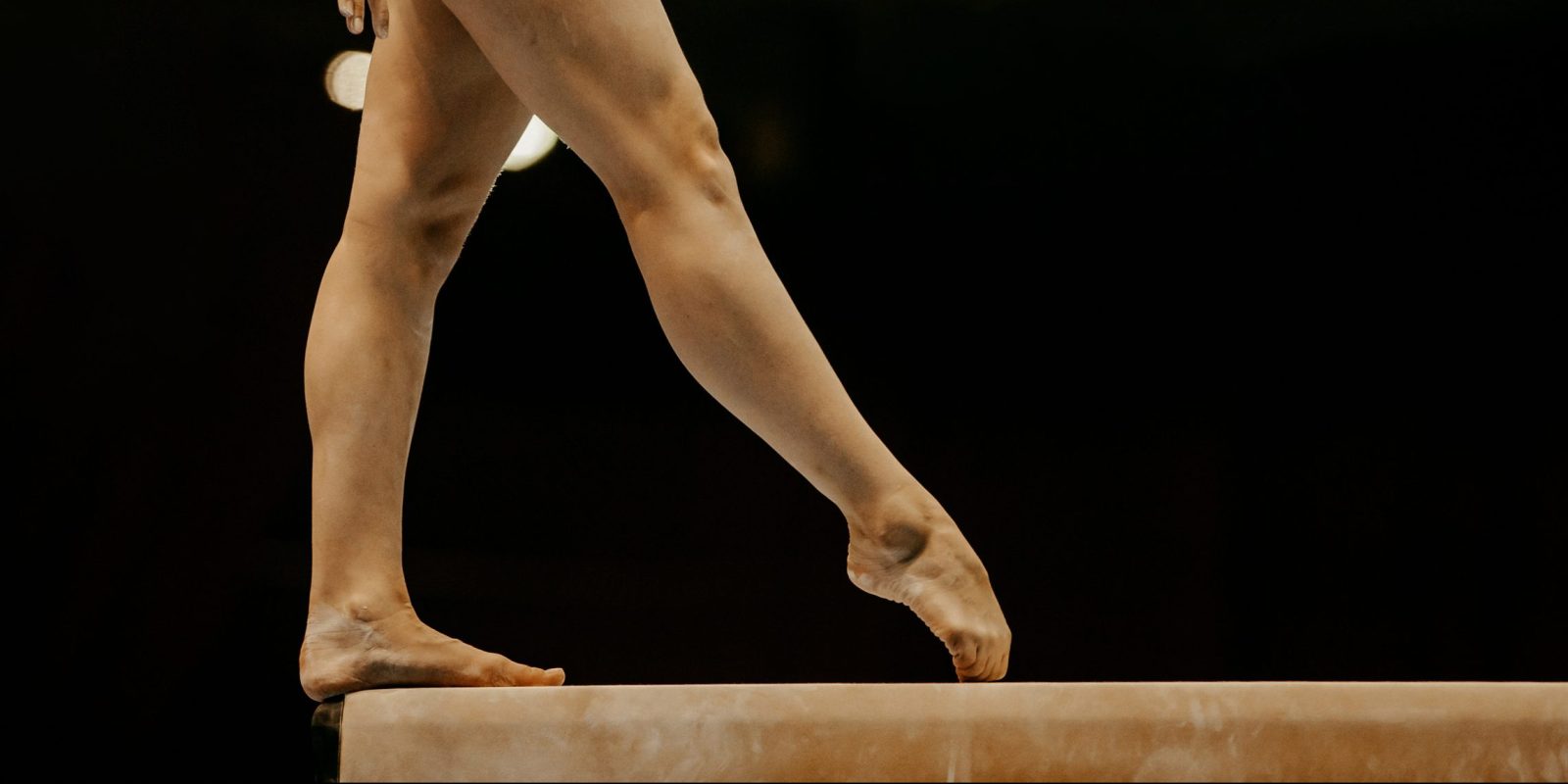
Why Human Skeletal Joints Are Engineering Masterpieces, Pt. 1
On this ID the Future, Stuart Burgess, one of Britain’s top engineers, explains how the skeletal joints in the human body are masterpieces of intelligent design. He also responds to claims by some evolutionists that human joints are badly designed and supposedly evidence of Darwinian evolution’s blind trial-and-error process. This presentation was taped at the 2022 Westminster Conference on Science and Faith in the greater Philadelphia area, which was jointly sponsored by Discovery Institute’s Center for Science and Culture, and Westminster Theological Seminary. Here in Part 1, Burgess focuses on the ankle joint, showing that it packs an extraordinary amount of functionality into a small space, beyond anything human engineers have managed to achieve either in prosthetics or robotics.
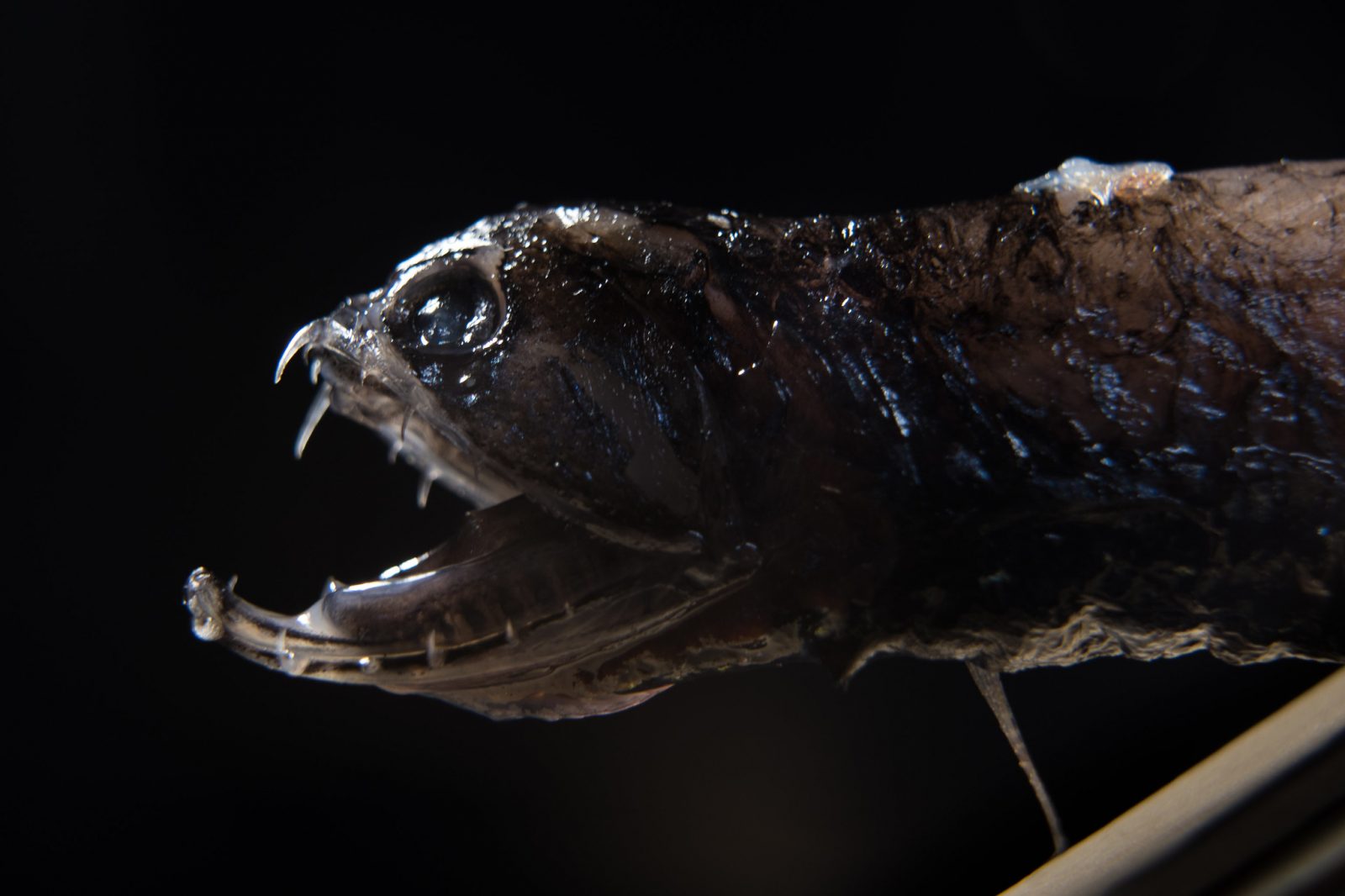
Jaw Dropping: Nature’s Irreducibly Complex Linkage Mechanisms
On today’s ID the Future, Bristol University engineer Stuart Burgess dives deeper into the engineering marvels of such sea creatures as the parrotfish, sling-jaw wrasse, mantis shrimp, and the deep sea dragonfish, with a particular focus on the amazing linkage mechanisms found in these creatures. Burgess says these mechanisms are extraordinary examples of engineering prowess, and they are irreducibly complex, thereby posing a challenge to modern evolutionary theory. He and host Eric Anderson also discuss the engineering sophistication of muscles, with a specific look at the human bicep and how the muscle and the brain work together. Burgess is an expert on linkage mechanisms. His design work in this area helped Great Britain’s cycling team win gold in the two most recent Summer Olympics, and his gearboxes can be found on the European Space Agency’s large Earth-observation satellites. The occasion for today’s discussion is Burgess’s recent scholarly paper in the journal Bioinspiration & Biomimetics.
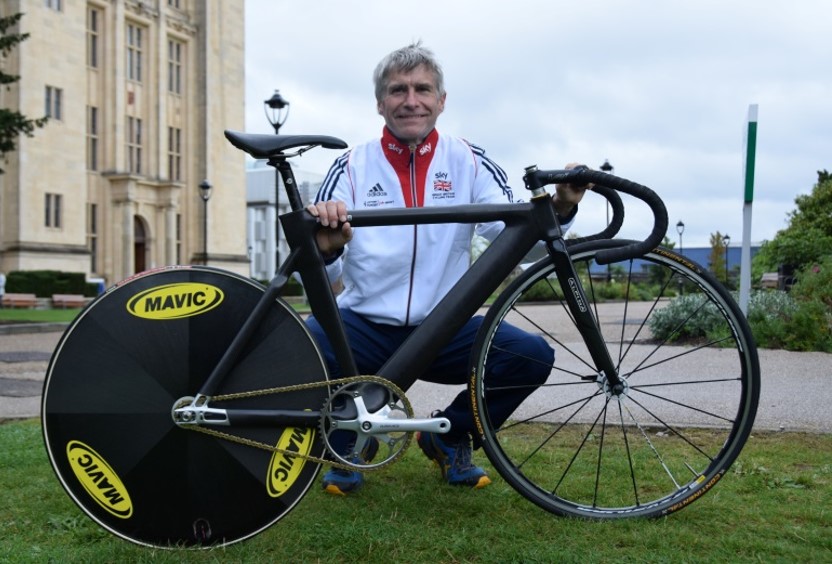
Stuart Burgess: Biology’s Designs Tutor Our Top Engineers
Today’s ID the Future spotlights a Bristol University engineer whose design work helped Great Britain’s cycling team win gold in the most recent Summer Olympics. Stuart Burgess, currently on a visiting fellowship at the University of Cambridge and an expert on linkage mechanisms, discusses with host Eric Anderson how top engineering firms are paying big money to learn from the extraordinary designs found in biology so as to improve their own designs. Burgess has designed groundbreaking linkage mechanisms, but he says the human knee is still well ahead of what even the most advanced human engineers have managed in this area, even accounting for the fact that wear and tear and misuse can lead to knee problems. He walks listeners through some things that make the knee an engineering marvel, and takes a look at some other masterfully designed linkage mechanisms in nature, including those found in the jaws of fish. The occasion for the discussion is Burgess’s recent scholarly paper in the journal Bioinspiration & Biomimetics.
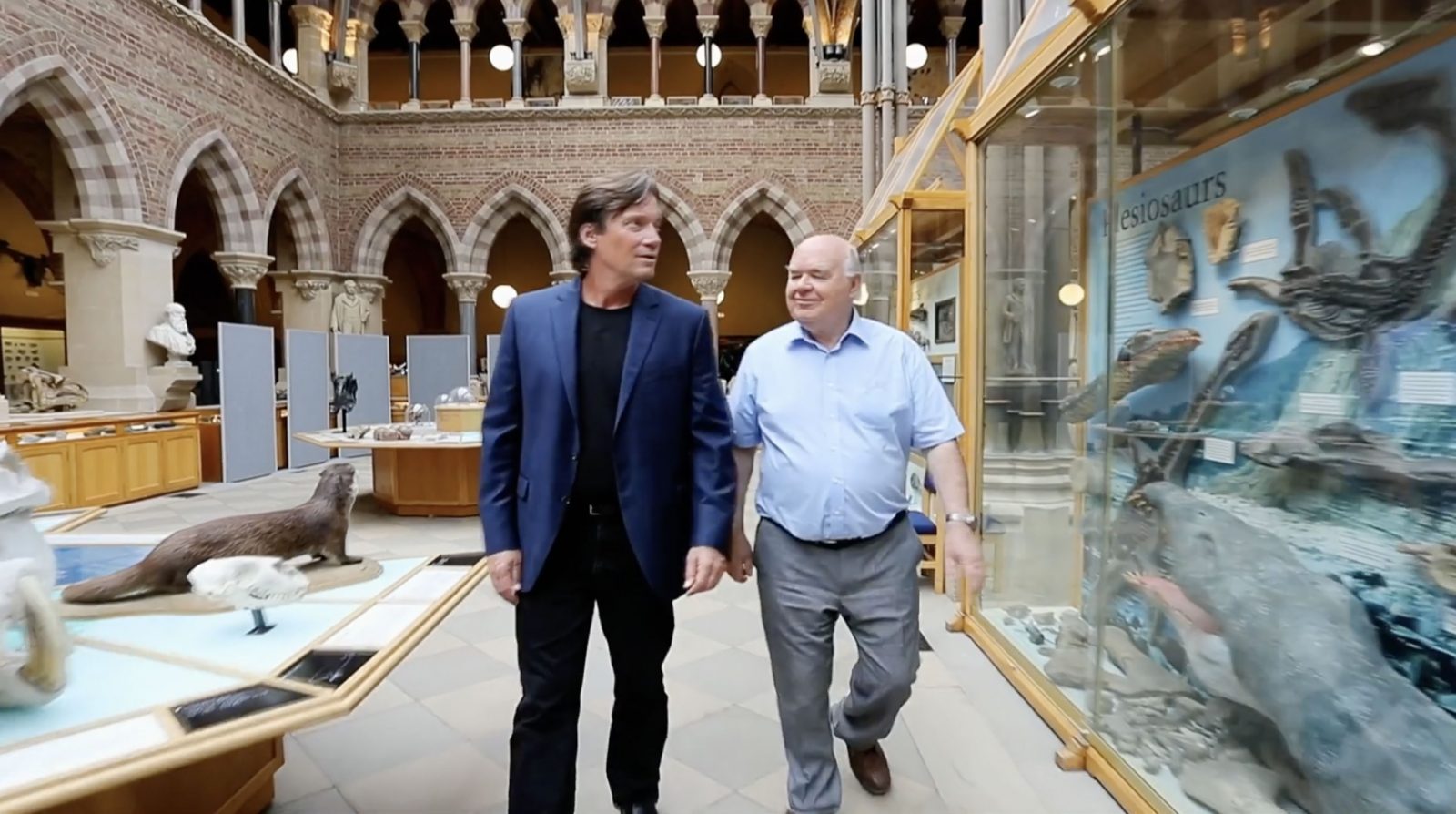
John Lennox Against the Tide of Atheism
On this ID the Future, John Lennox tells about discovering the damage atheism does to people, by seeing it firsthand in communist Eastern Europe and the former Soviet Union, and seeing what it does to rationality itself. In his continuing conversation with host and philosopher of science Stephen Meyer, Lennox relates how in his interactions with famous religiously skeptical scientists, he emphasizes that the Judeo-Christian worldview did much to give us science. When skeptical scientists ask the Oxford mathematician and philosopher how Christianity could have anything to say to science, Lennox is ready with an answer. This is the second part of a three-part conversation in which Lennox discusses his new documentary, Against the Tide, filmed with actor and host Kevin Sorbo.

John Lennox and Steve Meyer Against the Tide, Pt. 1
On this ID the Future, Stephen Meyer and Oxford University mathematician and thinker John Lennox begin a three-part conversation about Lennox’s upcoming documentary, Against the Tide: Finding God in an Age of Science. As Lennox explains, he grew up as the child of a uniquely non-sectarian Christian family in Northern Ireland, with parents who encouraged him to question broadly, read widely, and respect every person as a creature made in the image of God. He tells of his encounters with C. S. Lewis at Cambridge University, relates a humorous story in which atheist Peter Atkins gave him the title of one of his books, and describes his front-row seat as he watched the scientific atheism of the 1960s transform into the aggressive and contemptuous New Atheism of more recent years — a story that includes Lennox’s own debate with Richard Dawkins.

Protein Scientist Douglas Axe at the Dallas Area Science and Faith Conference
On this episode of ID the Future, guest host Jonathan Witt sits down with molecular biologist Douglas Axe at the recent Dallas Science and Faith Conference. Axe, author of Undeniable: How Biology Confirms Our Intuition That Life Is Designed, had his research on protein folds published in the Journal of Molecular Biology, work showing that random mutations are not up to the task of building fundamentally new protein folds from old, a finding that poses a major challenge to modern evolutionary theory. After all, if evolution can’t build something as basic as a new protein fold, how could it build whole new organs and body plans in the history of life? But Witt presents Axe with an objection: Axe couldn’t possibly have tested more than the tiniest fraction of a fraction of all the possible amino acid combinations for the protein he studied, so how can we trust his findings? Tune in to hear Axe’s explanation, and to learn about other lines of evidence confirming his research.

Douglas Axe On His Return to Cambridge U for the Beyond Materialism Conference
On this episode of ID the Future, Douglas Axe reflects on the recent Beyond Materialism conference in London. Axe notes, “I think these temperature checks give us hope that the tables are turning and that design is growing as a way of thinking and there could be a breaking point where a whole lot of people come out in favor of design.”